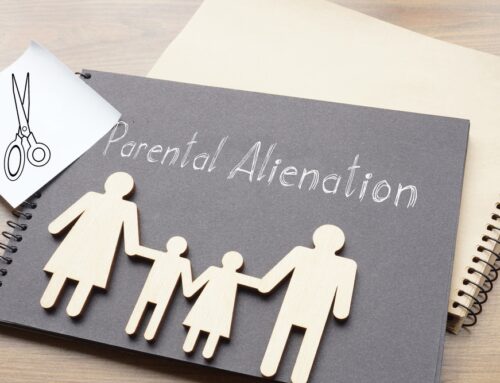I have recently acted for a client where he needed to protect his interest in the former family home which was owned by his Wife.
The Background
Matrimonial Home Rights give protection to a husband, wife or civil partner under the Family Law Act 1996 (the “FLA”) where the matrimonial home is owned by one spouse but the other spouse has a right of occupation.
If the non-owning spouse is in occupation, they have a right not to be evicted by the other spouse without an order of the court or if they are not in occupation they have a right, with leave of the court, to enter and occupy the matrimonial home.
There is no protection under the Family Law Act unless the home rights have been registered against the property at the Land Registry. Lenders should receive notification of any entry made after its legal charge has been registered.
What does the registration of home rights mean for Lenders?
Once home rights have been registered they act as a charge on the property resulting in the registered proprietor being unable to sell or mortgage the property unless written consent has been received from the spouse in whose favour the right is registered.
The registration of home rights does not prevent a mortgagee/Lender from issuing proceedings for possession of a property. The Civil Procedure Rules (55.10) require notice of any possession proceedings to be served on the person with the benefit of a home rights notice within five days of the Claimant receiving notice of the hearing date. The non-owning spouse can then apply to the court to be joined into the possession claim as a second Defendant if an application is made before the proceedings have been disposed of and if the non-owning spouse can be expected to make payments under the mortgage (see section 55 FLA).
A spouse with home rights may make payments towards the mortgage and these payments are as good as if made by the borrower. A Lender can therefore accept payments from the non-owning spouse but it is advisable to send clarification to the non-owning spouse confirming the basis upon which payments are being accepted.
In Summary
- There probably is a point in the interim to protect your client’s interest.
- It may be worth noting that if there is a Suspended Possession Order then the court has the power to make an order where the non-owning spouse is ordered to make payment of the current monthly instalment plus a sum towards the arrears. Ultimately, however if neither party can demonstrate the ability to make payment to the Lender, a Possession Order should be granted by the court.




